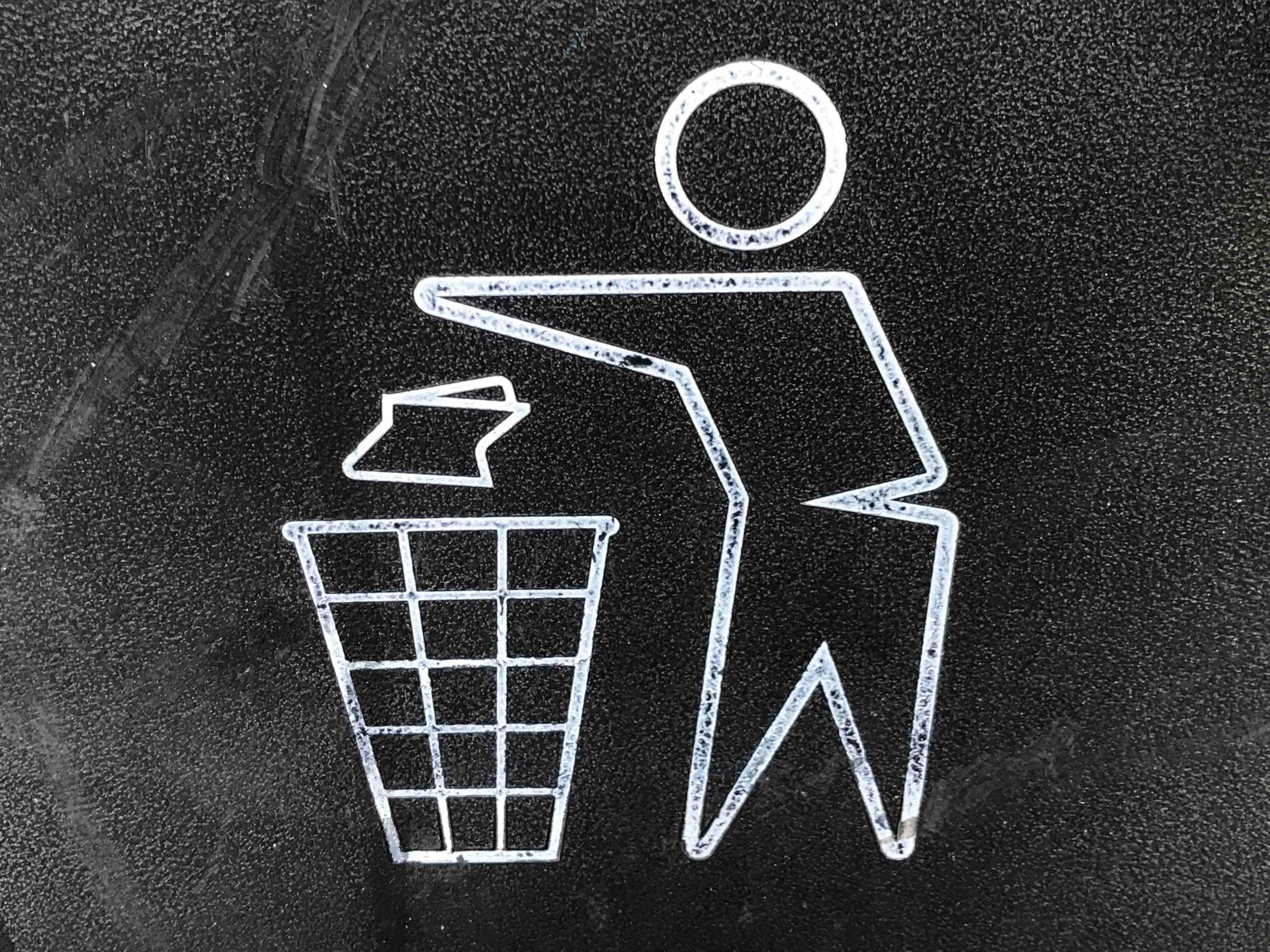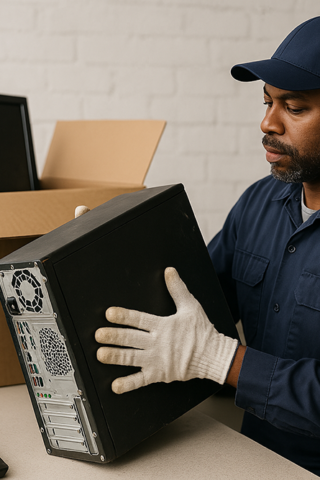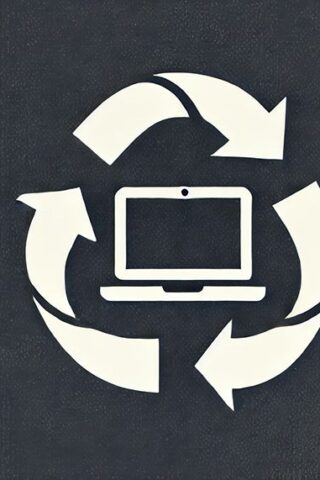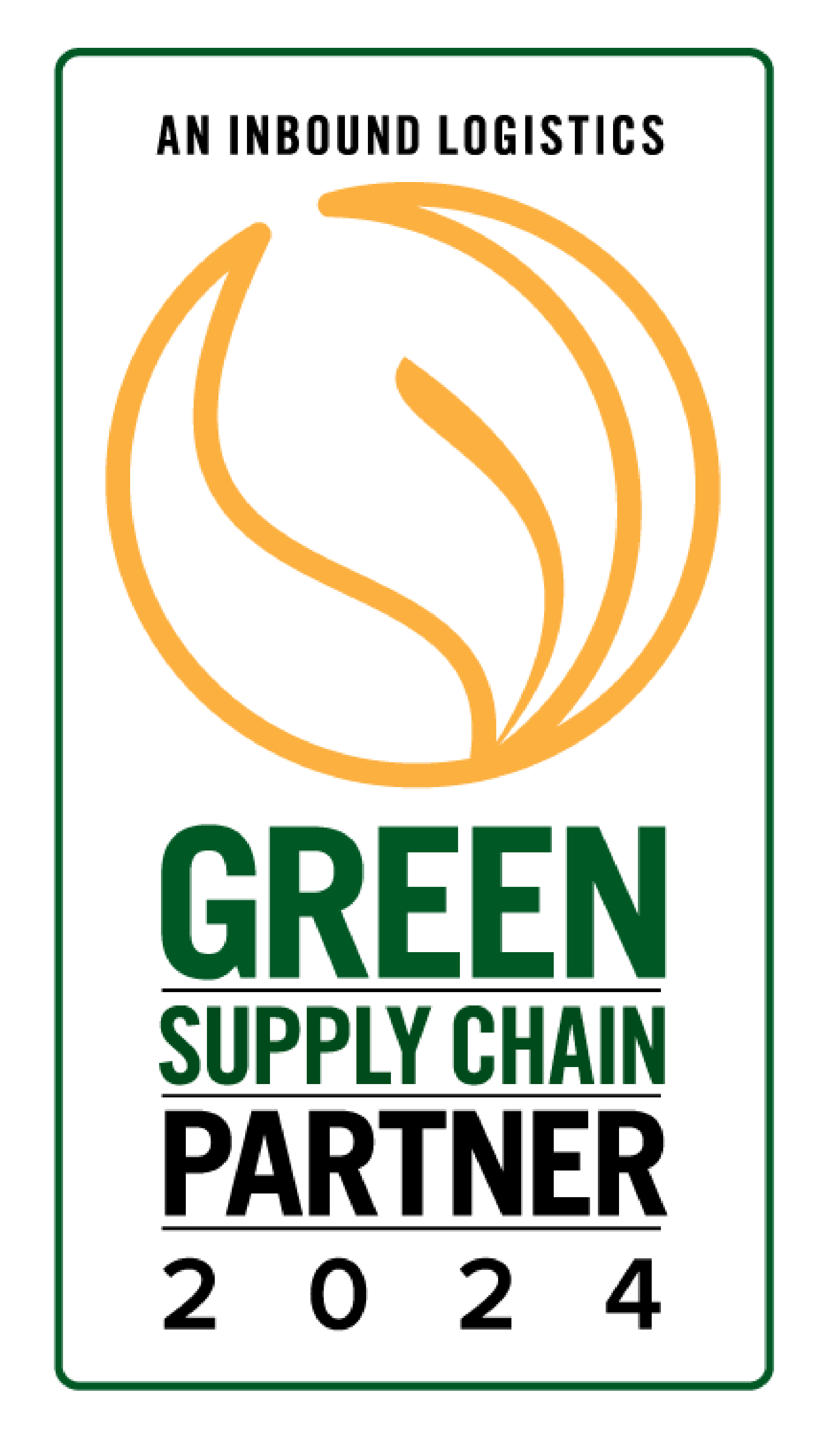Outisdeonline.com, March 1, 2023, Kristin Hostetter
Doing right by the planet can make you happier, healthier, and—yes—wealthier. Outside’s Head of Sustainability, Kristin Hostetter, explores small lifestyle tweaks that can make a big impact. Write to her at climateneutral-ish@outsideinc.com.
I’m standing in front of my recycling bin holding an empty cardboard carton of organic milk. I want to recycle it. Part of the reason I bought this milk, which was about a buck more than the stuff in the plastic jug, is that for several years now I’ve been waging a war against plastic in both my personal and professional life.
Cardboard is one of the most recyclable materials in the world. But a little voice inside my head is nagging, “What about that plastic coating on the inside? Does it matter? It’s still mostly cardboard…right?”
Turns out, my cardboard milk container is not recyclable here in northern Vermont, despite the carton’s How2Recycle label advice. But if I saved it and brought it to my mom’s house in Massachusetts, I could throw it in her bin. (Want to know if you can curbside-recycle cardboard milk and juice containers? Plug your address in here.)
Wishcycling is when you put something in the recycle bin because you want to recycle it. You hope it will get turned into some shiny new object. But you don’t really know if it will and so you decide to let someone else down the line figure it out for you.
Your intentions are good, but you’re actually creating a huge pain in the ass for recycling facilities.
Wishcycling Versus Reality
“Wishcycling adds financial, labor, and environmental burdens throughout every recycling system around the world,” says Michele Morris, director of marketing and communications of the Chittendon Solid Waste District in Vermont, which owns the recycling facility near my home in Stowe, Vermont. “A worker will have to manually pull that thing off the conveyor belt and send it to the landfill, when you could have made that choice and avoided all those impacts throughout the process.” Morris says she sees some wild items come through the facility: shoes, bicycle tires, garden hoses, styrofoam coolers, plastic toys, and even the odd bowling ball or two.
The antidote to wishcycling is pretty simple: Don’t make assumptions and take the time to learn which items are recyclable in your area. I googled “town dump Stowe Vermont” and found this page which has a tab spelling out what I can recycle where I live.
There’s no magic Google phrase for all locales, though. If you live in a city, say Chicago, try “recycling Chicago.” Within a few clicks you’ll find what you need. If you have specific questions not answered there, find the contact page and pick up the phone. “What’s accepted in your area depends on how far you are from processors and how much recycling your community generates, among other factors,” says Morris. “All these can vary not just regionally, but even within one state.” Some examples of things that can vary region by region: different types of plastics, and yes, those milk cartons.
“People love to say that recycling is broken,” says Stefanie Valenti, editorial director of Waste360. “It’s not, but it is disjointed. The infrastructure hasn’t evolved along with all the different types of materials, mainly plastics, that have come out. The waste management industry is investing lots of money in improving its logistics, but it’s a slow process.”
The Big Five Curbside Recycling Mistakes
Plastic Bags
Filmy plastic (aka “soft film”) of any kind, including zipper-locks, bubble wrap, plastic padded Amazon envelopes, garbage bags, wrap from toilet paper, and bread bags, don’t work in any single-stream recycling system.
Why it’s a problem: Soft film jams machinery. Workers have to hit the kill switch on the whole operation and manually pull it out of the system. It can also tangle up with other valuable recyclables and then the whole mess gets landfilled rather than sold and repurposed. And if you bag perfectly good recyclables, like plastic water bottles and paper, the whole bag will get landfilled because workers don’t have the bandwidth to unbag and sort them.
The solution: Many grocery stores across the country accept soft film and recycle it properly. Find a local market by entering your zip code here.
Un-Rinsed Containers
Why it’s a problem: Two reasons: Old peanut butter and congealed sauce from your General Tso chicken degrades the value of the material you’re recycling (which defeats the whole purpose). And it can also pose health and safety risks to human workers who have to handle the nastiness and deal with the rats and wasps that get attracted to the facility.








